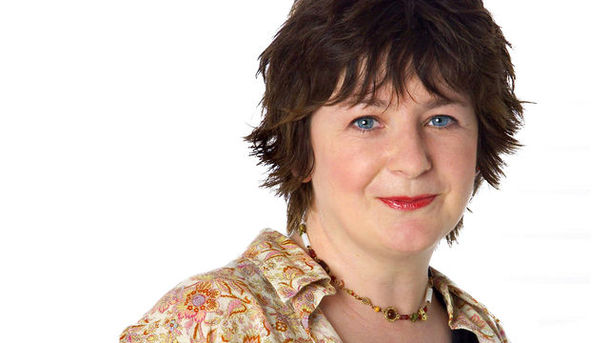Woman's Hour - 01/04/2009

With Jane Garvey. Dr Ian Frampton, consultant in paediatric psychology at London's Great Ormond Street Hospital, joins Jane to discuss the findings of new research he led that suggests that thousands of girls may be predisposed to develop anorexia because of the way their brains developed in the womb. The number of pupils choosing to learn to dance has risen by 83 percent in four years - and one-third of those are boys. The increasing interest and enthusiasm seems to have been influenced by BBC1's Strictly Come Dancing and two of the TV show's stars, Darren Bennett and Lilia Kopylova, are fronting a pilot scheme to bring ballroom and Latin dancing to schools. Darren and Lilia, together with some of their students, dance around the studio and discuss this dancing phenomenon with the pilot's co-ordinator Sue Cooper. Jane is also joined by Britain's doyenne of ballroom dancing Dame Peggy Spencer. Jane speaks to the new editor at large of The Lady, Sarah Kennedy, as England's oldest weekly magazine for women relaunches. When it first started 124 years ago, the idea of a women's magazine was still quite radical. The decade before it started, women had begun to claim the right to be recognised as people in their own right and the magazine's founder, Thomas Gibson Bowles, took a gamble that there were enough women sufficiently educated and interested in various topics to subscribe to a journal specifically designed for them. Indian author Manju Kapur joins Jane to discuss her fourth novel The Immigrant. The Delhi-based novelist has gained a reputation as a frank and sensitive chronicler of the lives of generally Hindu Indian middle-class or lower-middle class families and, above all, their women members. As the leaders of the world's most powerful countries meet in London for the G20 summit, business editor of The Observer Ruth Sunderland explains why it is women in developing countries who are being badly hit by the global recession. Millions are losing their jobs, families are going hungry and, according to the World Bank, up to 2.8 million babies will die between now and 2015 if the crisis persists. Including drama: Daunt and Dervish.